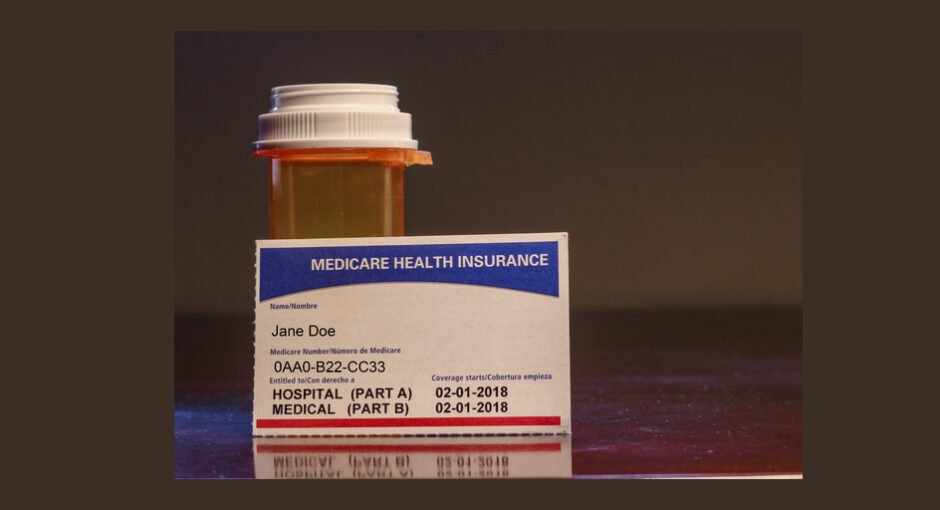Federal health officials last week defended their plan to wait until next year to say how they will reimburse 340B hospitals for illegal Medicare Part B drug payment cuts in place for the past five years after hospital groups told a federal district court that the remedial payments should begin immediately.
“[The Department of Health and Human Services] continues to work through the many complicated issues that must be resolved in order to unscramble the proverbial egg,” HHS told the U.S. District Court for the District of Columbia in a Nov. 15 court filing. “Defendants promptly responded to the Supreme Court’s decision in this case and have been working toward the different components of a remedy over the past months, even while the litigation of this case continues.”
HHS added, “Plaintiffs fail to appreciate the complexities involved, the time necessary to determine the appropriate remedy, and the benefit of soliciting comments from all stakeholders on HHS’s specific remedy proposal.”
HHS was responding to a motion filed Nov. 4 by hospital groups urging the court to order the repayments to start immediately. The groups said there was no reasonable basis for delay. “Defendants chose to do nothing,” they said. “Instead of announcing a remedial plan, defendants again adopted an approach that will indefinitely delay any remedy.”
HHS told the court the hospital groups’ “supposed evidence for this weighty allegation is nothing more than their own subjective belief about the amount of time necessary for the agency process to unfold.”
The court ordered the Centers for Medicare & Medicaid Services Sept. 28 to begin paying 340B hospitals at the original payment rate of average sales price plus 6% for the remainder of 2022, after a Supreme Court decision in June struck down as unlawful a cut in the payments to ASP minus 22.5%, a reduction that started in 2018. The payment cuts totaled between $1.6 billion and almost $2 billion per year.
In a hospital outpatient prospective payment system (OPPS) final rule issued in late October, CMS confirmed it would reimburse at the higher rate for the rest of this year and going into 2023. However, the agency said it would outline its plan for retroactive compensation for the illegal cuts that occurred in calendar years 2018 through September of 2022 in a separate rulemaking prior to the start of the 2024 rulemaking cycle, or likely sometime before July 2023.


